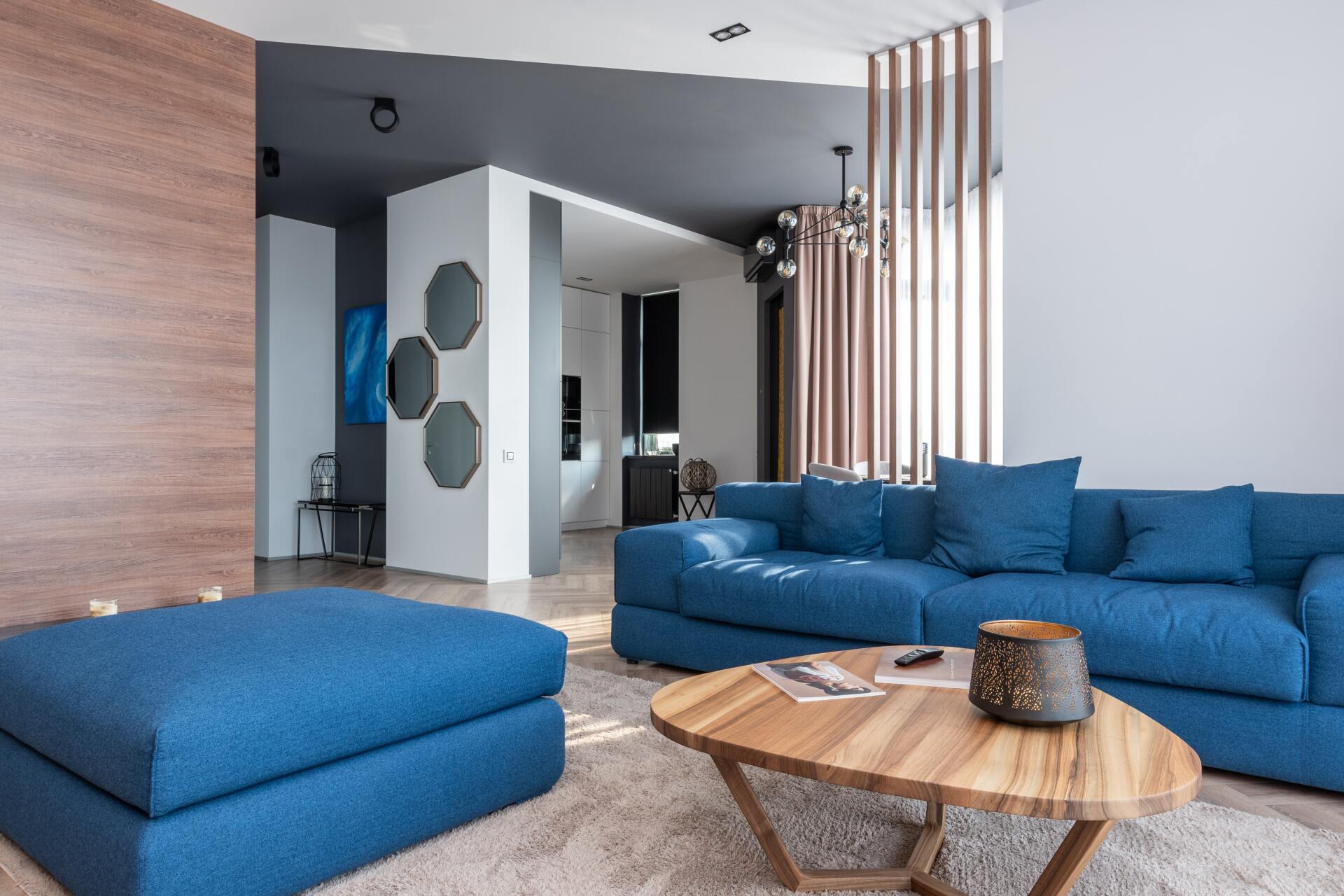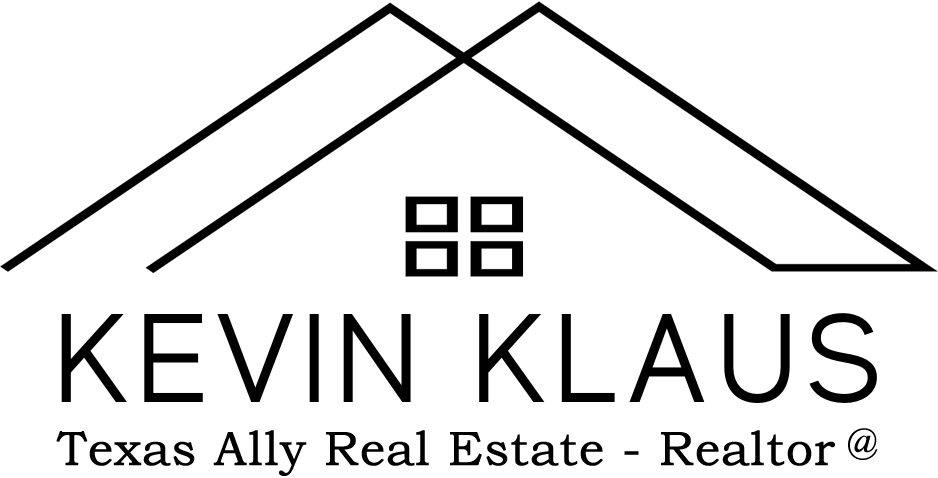Get in touch
555-555-5555
mymail@mailservice.com
6 Essential Tips for Getting Your Home Ready for a Private Viewing
No matter how much you love your home, when it comes time to show it to potential buyers, it can be a daunting task. After all, you want to make a good impression so that your home stands out from the competition. To ensure that your home is ready for a successful private viewing, there are a few essential tips to keep in mind. From making sure your home is sparklingly clean to depersonalizing the space to creating a welcoming atmosphere, these six tips are key to making sure your private viewing goes off without a hitch. With a little effort and preparation, you can make sure your home looks its best and that buyers can envision themselves living there.
Make sure your home is sparkling clean
The first step in preparing your home for a private viewing is to make sure it is sparklingly clean. This means doing a thorough deep-cleaning of your entire home, including dusting, vacuuming, and mopping all surfaces. Pay particular attention to areas that are often overlooked, such as baseboards and ceilings. You may also want to consider hiring a professional cleaning service to ensure that your home is absolutely spotless.
In addition to general cleaning, you should also make sure that any areas that are especially important to buyers, such as the kitchen and bathrooms, are as clean as possible. This means scrubbing surfaces, cleaning out any built-up grime, and ensuring that everything is sparklingly clean. You may also want to give special attention to any odors that may be lingering in the home, such as pet odors or cooking smells, and make sure that these are eliminated before the viewing.
Depersonalize the space
Once your home is clean, the next step is to depersonalize it. This means removing any personal items and decorations that may be present in the home. This includes any family photos, artwork, collections, and other items that are unique to you and your family. The goal here is to make your home feel as neutral and inviting as possible, so that potential buyers can imagine themselves living there.
You should also consider removing any pieces of furniture or décor that may be too large or too unique for the space. While you may love your statement pieces, they may be overwhelming to potential buyers and can make the space feel cramped and cluttered. If possible, store these items in a separate room or in an off-site storage facility.
Create a welcoming atmosphere
Once you have removed all your personal items and décor, it’s time to create a welcoming atmosphere. This means adding some small touches that will make the home feel inviting and comfortable. This could include adding some fresh flowers, lighting a few scented candles, or playing some calming music. You should also make sure that the temperature of the home is comfortable, as this will make the space more inviting and make potential buyers feel more at ease.
You should also take the time to organize and declutter any areas that may be cluttered or disorganized, such as closets or storage spaces. This will make the home look more spacious and inviting, and potential buyers will be able to easily envision themselves living there.
Get rid of odors
No matter how clean your home is, there may still be some lingering odors that can be off-putting to potential buyers. To make sure your home smells fresh and inviting, you should consider using air fresheners, candles, and other odor-eliminating products. You may also want to consider using natural methods, such as baking soda or vinegar, to eliminate any unpleasant odors.
If you have pets, you should also take the time to make sure that any pet odors are eliminated. This means cleaning any pet beds, vacuuming and mopping all surfaces, and using pet odor eliminators. You may also want to consider having a pet-sitter come over to take care of your pets during the viewing, as this will help keep any pet odors from lingering in the home.
Make sure the exterior is well-maintained
In addition to making sure the interior of your home is ready for a private viewing, you should also make sure that the exterior is well-maintained. This means mowing the lawn, trimming any trees or shrubs, and cleaning up any debris. You should also make sure that any outdoor furniture is in good condition, and that any walkways or driveways are clear and free of debris.
If you have a garden or landscaping, take the time to make sure it is neat and tidy. This may include pruning any plants or trimming back any overgrown areas. You should also make sure that any outdoor lighting is working, as this will make the exterior of your home look more inviting and will make it easier for potential buyers to view the property.
Stage your home for a successful viewing
Once your home is clean and free of clutter, the next step is to stage it for a successful viewing. This means arranging furniture and décor in a way that will make the home look spacious and inviting. You should also take the time to make sure that each room has a specific purpose and that it is presented in a way that highlights its best features.
When staging each room of your home, you should consider the size and shape of the room, as well as the overall style of the home. For example, if you have a large living room, you may want to arrange the furniture in a way that creates several different seating areas. This will make the room look larger and more inviting. If you have a smaller room, you may want to opt for more minimal furniture pieces in order to maximize the space.
When staging each room, you should also consider the purpose of the room and make sure that it is presented in a way that suits its purpose. For example, if you have a home office, you may want to make sure that it is arranged in a way that is conducive to productivity. If you have a guest bedroom, you may want to make sure that it is presented as a comfortable and inviting place for visitors to stay.
Finally, don’t forget to add some small touches that will make the home look inviting and cozy. This could include adding fresh flowers, lighting a few scented candles, or displaying some interesting artwork. These small touches will make the home look more inviting and will help potential buyers envision themselves living there.
How to handle unexpected issues that arise during a viewing
Even with the best preparation, there may be some issues that arise during a private viewing. If this happens, the key is to remain calm and handle the situation in a professional manner. If the issue is minor, such as a broken light fixture or a leaky faucet, you should take the time to fix it before the viewing. If the issue is more serious, such as a plumbing issue or a roof leak, you may want to consider postponing the viewing until it can be fixed.
In any case, it is important to be honest about any issues that may arise and to do your best to handle them as quickly and efficiently as possible. This will show potential buyers that you are a responsible homeowner and will help to ensure that the viewing goes as smoothly as possible.
What to do if you are running late for a viewing
Finally, it is important to make sure that you are on time for any scheduled viewings. This means making sure that you leave enough time to get to the viewing and that you arrive at least 10 minutes before the scheduled time. If you are running late, it is important to be honest and to communicate with the potential buyers in a timely manner. This will show them that you are a responsible homeowner and that you take the viewing process seriously.
Conclusion
Preparing your home for a private viewing can be a daunting task, but with a little effort and preparation, you can make sure that your home looks its best and that potential buyers can envision themselves living there. From making sure your home is sparklingly clean to depersonalizing the space to creating a welcoming atmosphere, these six tips are key to making sure your private viewing goes off without a hitch. With the right preparation, you can make sure your home is ready for a successful viewing and that you make a good impression on potential buyers.


